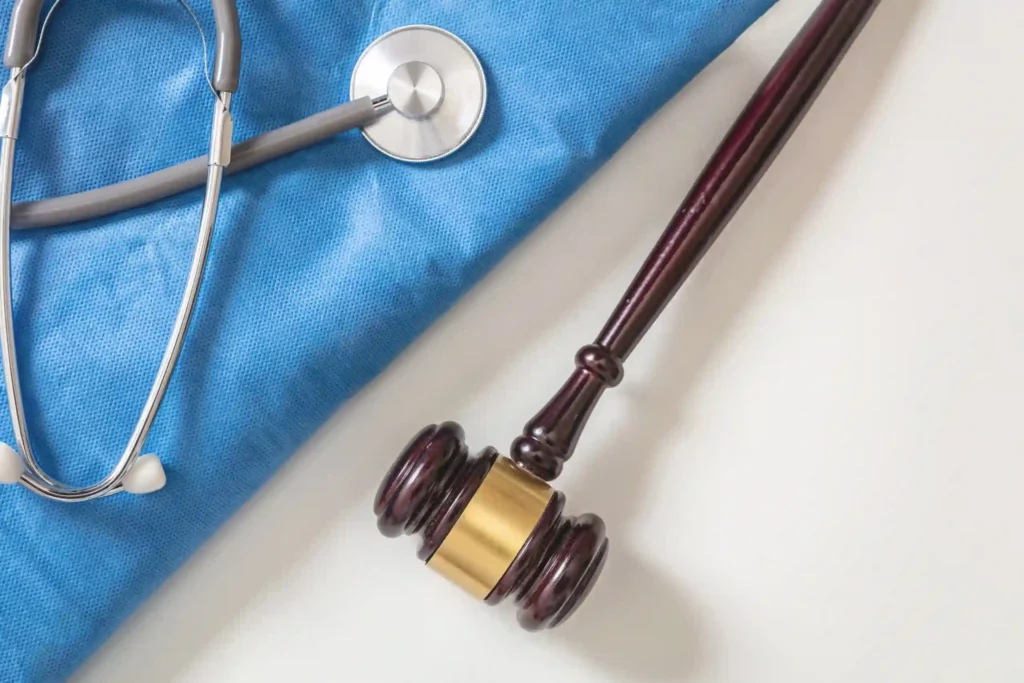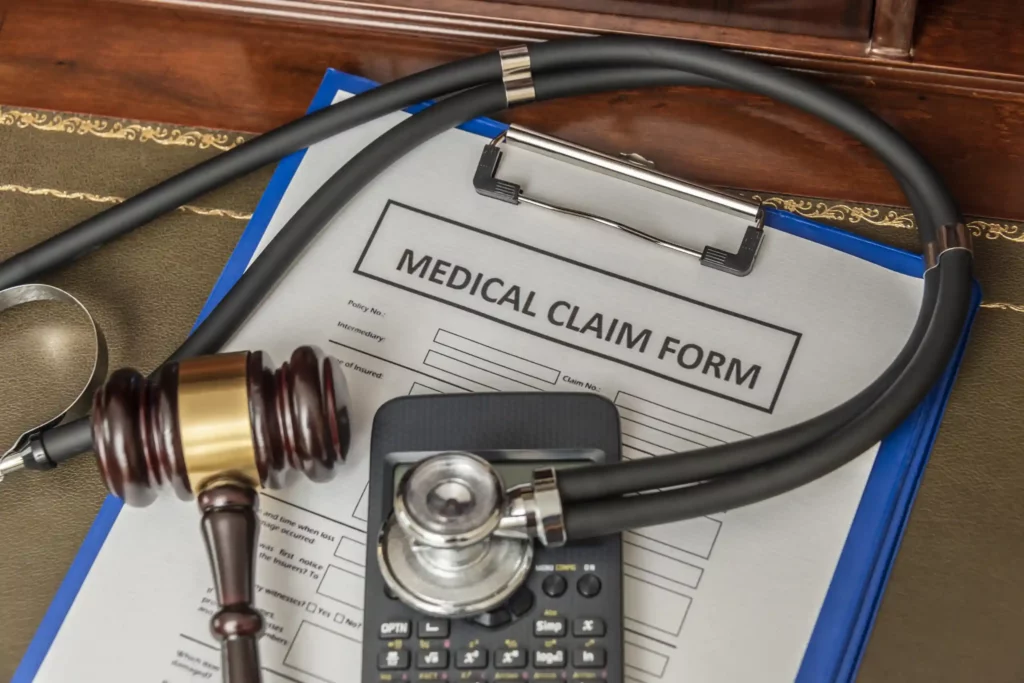When you go to the doctor or other health care providers for a medical issue or concern, you put your faith and trust in them and their ability to help you feel better. Unfortunately, medical providers can betray this trust through medical malpractice, which can have life-altering consequences for the patient. Medical malpractice occurs when a healthcare professional deviates from the accepted standard of care, causing harm to a patient. Find and hire a Summerville medical malpractice lawyer from Murphy Crantford Meehan to help with your injury claim.
While you may feel hopeless after you were injured by your healthcare provider, there is a way to pursue compensation and justice for this harm. A seasoned medical malpractice lawyer in Summerville can help. Contact us today for a free consultation to learn how we can help you.
One of the most commonly cited types of medical malpractice is misdiagnosis, and according to a 2023 U.S. Department of Health and Human Services report, roughly 7.4 million emergency department patients receive a misdiagnosis annually. Misdiagnosis can have several wide-ranging consequences, including:
Understanding the complexities involved in a medical malpractice case is crucial, as it can involve various parties and unique strategies.

Contact us now
(843) 376-4030
Medical malpractice can occur in various forms, but the most prevalent types of medical malpractice include:
Medication errors occur when a patient receives the wrong medication or the wrong dose or experiences harmful interactions between prescribed drugs, which can result in adverse reactions, worsening of the patient’s condition, or even death.
Childbirth injuries can affect both the mother and the baby. Common examples include improper use of forceps or vacuum extractors, failure to perform a timely C-section, and inadequate monitoring of the mother and baby’s vital signs during labor and delivery.
Surgical errors are mistakes made during surgery. Common errors include operating on the wrong site, performing the wrong procedure, leaving surgical instruments inside the patient, or causing damage to surrounding organs or tissues.
When a healthcare provider incorrectly diagnoses a condition or fails to diagnose it promptly, the patient may not receive the necessary treatment, leading to the worsening of the condition or even death. Commonly misdiagnosed conditions include cancer, heart disease, and infections.
Mistakes related to administering anesthesia can lead to brain damage, permanent injury, or death. Common issues include administering too much or too little anesthesia, failing to monitor the patient’s vital signs, or not recognizing and addressing complications promptly.
Emergency room errors can occur due to the fast-paced and high-pressure environment. Common mistakes include misdiagnosing conditions, delayed treatment, failure to order necessary tests, and improper discharge instructions.

Failure to treat occurs when a healthcare provider correctly diagnoses a condition but fails to provide the necessary treatment. This can happen when a doctor discharges a patient too early, does not follow up on test results, or does not refer the patient to a specialist.
Radiology errors involve interpreting diagnostic imaging tests such as X-rays, CT scans, and MRIs. Misreading these images can lead to incorrect diagnoses, delayed treatment, or unnecessary procedures.
Aftercare is crucial to the recovery process. Inadequate follow-up or aftercare involves failing to provide appropriate post-treatment instructions, not scheduling necessary follow-up appointments, or not monitoring the patient’s recovery properly. This can lead to complications or worsening of the patient’s condition.
Medical malpractice claims can be filed against any licensed medical professional or healthcare provider, depending on the circumstances of the case.
It can be upsetting to consider the possibility of medical malpractice in your health care, but there are steps you can take to protect your life, health, and rights. You should:

In South Carolina, the statute of limitations for medical malpractice lawsuits allows three years from the date you discovered or reasonably should have discovered the negligent act to file a lawsuit against the provider.
Additionally, there are certain exceptions and special rules that can alter these time limits, including:
It’s critical to file a medical malpractice lawsuit as soon as possible to avoid losing your ability to seek compensation for your losses in court. Failing to file within the specified period can result in losing your legal right to pursue a lawsuit, regardless of the seriousness of the harm you suffered.
You can pursue compensation for various losses you experienced due to medical errors. You can seek compensation for several losses, including:

Some limitations, or caps, exist for non-economic damages in South Carolina medical malpractice cases. Non-economic damages are those that compensate the injured person for intangible losses like pain and suffering and loss of enjoyment of life.
While these caps aim to control malpractice insurance costs for healthcare providers, they ultimately impact the necessary compensation that victims of medical negligence can receive.
According to medical malpractice laws, South Carolina’s medical malpractice caps on non-economic damages include:

Well-Respected





"*" indicates required fields

Murphy Crantford Meehan – striving to get justice for Our clients. we believe in a good and honest fight, and we will not stop at anything.